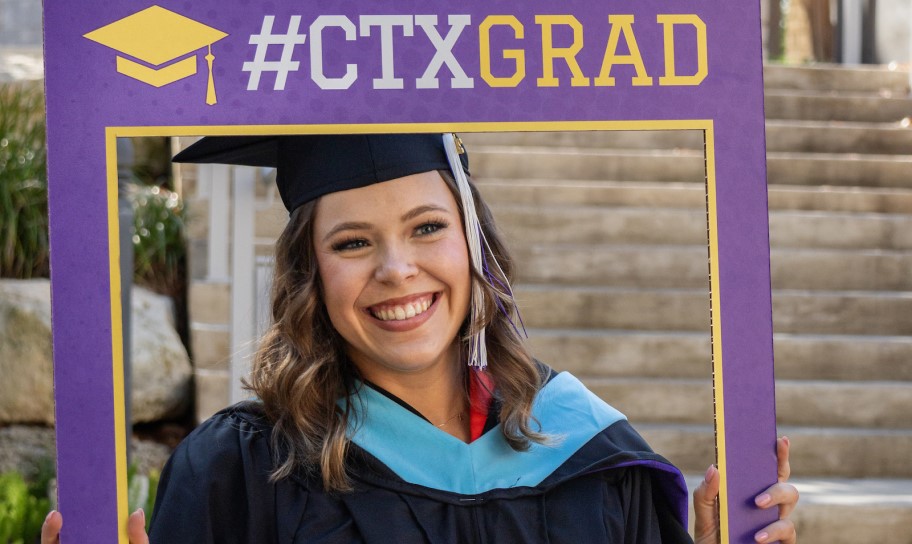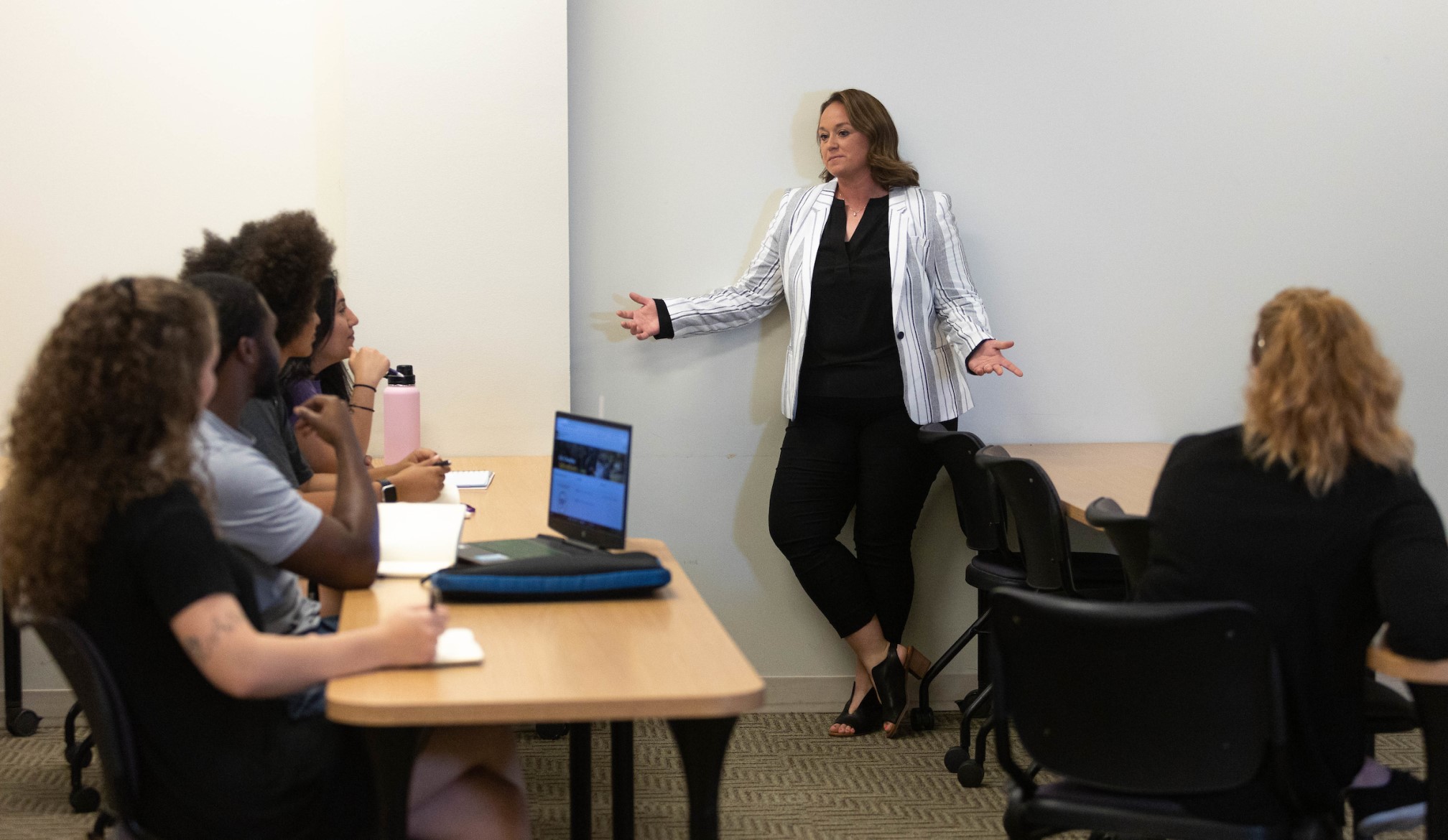History at Concordia University Texas
At Concordia Texas, the History major emphasizes flexibility and depth through a diverse curriculum by integrating liberal arts courses and pairing well with minors in areas such as Legal Studies, English, Behavioral Sciences, and Business Management. Graduates develop strong analytical, research, and writing skills, preparing them for careers in higher education, public service, business, and beyond. The History program lays the groundwork for advanced studies of specific historical periods and fields like law, public history, library studies, and ministry.
Studying History at Concordia Texas prepares you to live out your vocation through:
- Learning historical content to understand people’s ideas and actions now and in the past
- Practicing research, writing, and presentation skills
- Becoming more discerning of information and how it is presented
- Appreciating past events and their influence on today’s world and the future

Academic Versatility

15:1 Student-Faculty Ratio
Experienced Faculty
Take the first step towards a practical and impactful History education at Concordia Texas. Get the specifics you need to plan your academic journey.
Learn More
Diverse Curriculum
The History program opens doors to a broad curriculum, offering you flexibility through diverse course requirements.

Career Preparation
hart your own course with a degree that unlocks opportunities for careers in higher education, government, business, and beyond.

Advanced Specializations
Pave the way for graduate study in history and specialized degrees in law, public history, library studies, and ministry.


Studying history in college is a valuable pursuit that goes beyond memorizing names and dates; it equips you with essential skills for navigating the complexities of the present and future. Our program blends breadth and depth, aiming to develop your intellectual self-confidence—your ability to work beyond subject matter expertise being nimble and imaginative in projects and plans. With our small classes and dedicated faculty members, you can become an active learner ready for jobs or advanced study after graduation.
Dr. Matthew BloomHistory Chair
Discover the limitless possibilities of majoring in History at Concordia University Texas. Beyond academic benefits, a background in history equips students for a wide array of careers, from education and research to law, journalism, business, and public service.
Learn More- Archivist
- Campaign Worker
- Congressional Aide
- Editor
- Foreign Service Officer
- Intelligence Agent
- Journalist
- Lawyer
- Legal Assistant
- Lobbyist
- Minister
- Researcher
- Social Worker
- Teacher
The small class sizes at Concordia Texas allowed me to form meaningful relationships with my classmates and professors while pursuing my dream of studying history. I now use the critical thinking skills I learned in class and the love I fostered for history to teach middle school students.
The American Historical Association has more information on careers in History here.
Apply now to the Concordia Texas History program—where practical skills meet personalized learning.
Apply-
What does the History program at Concordia Texas prepare students for?
The program readies students for graduate studies and diverse careers in academic, professional, and business fields, offering a broad range of courses for flexibility.
-
How is the curriculum structured for History majors?
The curriculum integrates liberal arts courses and allows for the consideration of minors in areas like Legal Studies, English, Behavioral Sciences, and Business Management. It covers background and context, foundational skills and digital literacy, deeper study, applied history, allied courses, and a senior thesis.
-
Are there opportunities for practical experience within the History program?
Yes, students can engage in a semester-long internship for variable credit hours, gaining real-world experience. About 50 percent of History majors proceed to graduate programs in History, education, English, seminary, or law school.
-
How do professors enhance the learning experience in the History program?
Professors focus on helping students find their own place in history, think historically, and connect the past and present. Guest speakers and a variety of highlighted courses contribute to the practical application of historical theories in real-world situations.






